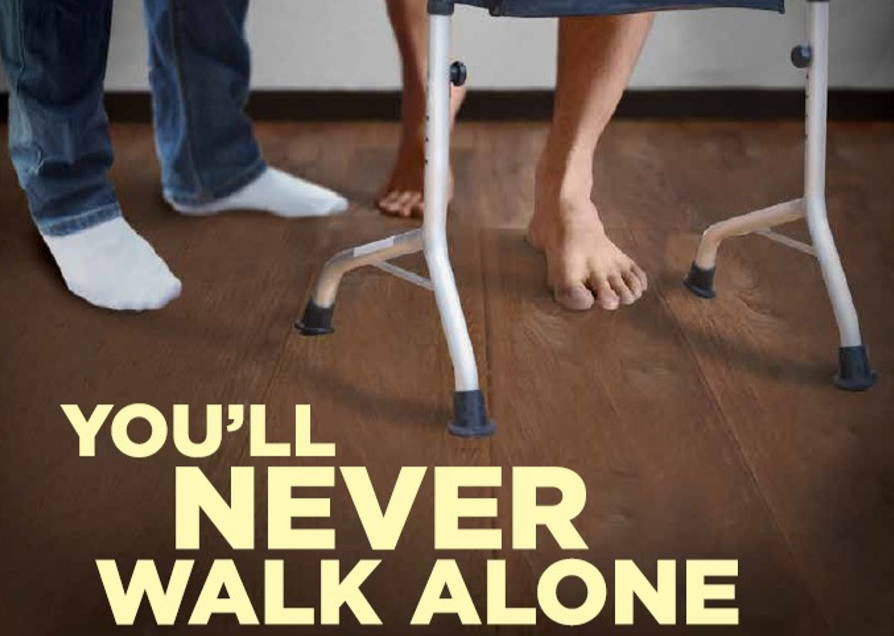
In consultation with: Patient Navigators/Nurse Clinician Tan Quee Eng and Senior Staff Nurse Yeo Si Sen, Sengkang General Hospital Prabha Techna Miti, Senior Medical Social Worker, Sengkang Community Hospital
Through close collaboration and follow-ups by post-discharge care teams, at-risk patients can continue their recovery outside of the wards with peace of mind.
Mr Tan's* family was sure nothing was going to go wrong. After all, they had lived with his Parkinson's disease for years – surely they would be able to manage the caregiving at home despite his deterioration.
But a visit to Mr Tan's home by a patient navigator told a different story.
The 60-year-old was found stuck in the bathroom, unable to get out on his own. His wife was in a panic, admitting that she didn't know how to change her husband's diaper or feed him via his feeding tube. The elderly pair counted on their daughter, who works flexi-hours, for these essential caregiving duties – an unsustainable arrangement in the long run.
That was a bleak moment but also a turning point for the Tan family. The healthcare team swiftly arranged interim care services for him while the family waited for a full-time helper to arrive. After the helper arrived, the patient navigator continued to follow up with the family to check on their progress. His condition steadily improved as a result.
Returning to the community
Mr Tan is just one of several patients, identified to have complex health needs with a high risk of hospital re-admissions, who have benefited from the care of a post-discharge team, comprising healthcare workers of different disciplines.
The team ensures that patients can ease back into their homes and stay well for as long as possible. More importantly, the team aims to reduce hospital readmissions and visits to the emergency department.
It takes a village to execute such transitions between hospital and home. Here at Sengkang, our teams at both the general hospital and community hospital help each patient move from one care setting to another based on their individual needs.
Who's involved
All hands are on deck to provide the best level of care for you or your loved one.

What to expect
If you, or a loved one, is identified as having a high risk of hospital re-admissions and need help managing your conditions at home, you are likely to benefit from these post-discharge care services:

At the hospital…
This is where you or your loved one will be first assessed and rehabilitated. The team will find out who your caregivers are going to be or if there is insufficient help at home. Counselling will be provided when necessary and coping skills will be taught to help you and your family cope in the hospital and at home.
Before discharge…
Caregivers at home will be taught necessary skills such as tube feeding and be guided on medication dosages. An occupational therapist may survey your home to see if any mobility aids (such as ramps or rails) need to be installed. You may also be referred to community resources such as day care, day rehabilitation or family service centres to help in the integration process.
Back at home…
The patient navigator will make regular phone calls or home visits, usually for up to three months. On top of ensuring compliance to medication, the team shares tips on falls prevention and checks your blood pressure and other vital signs at each visit. When needed, your primary physician or therapist may make house calls as well. And if a problem ever crops up, help from the team is always only a phone call away.
*Not his real name
